Madeline Earp
Madeline Earp is a consultant technology editor for CPJ. She has edited digital security and rights research for projects including five editions of Freedom House’s Freedom on the Net report, and is a former CPJ Asia researcher.
Blind lawyer spurs news blackout in China
News of blind legal activist Chen Guangcheng has been censored for months. International news reports of his escape last week from incarceration in his home in Linyi, Shandong–apparently to U.S. protection, although his whereabouts remain unclear–has only intensified that censorship. That is unlikely to stop discussion among those familiar with Chen’s case.
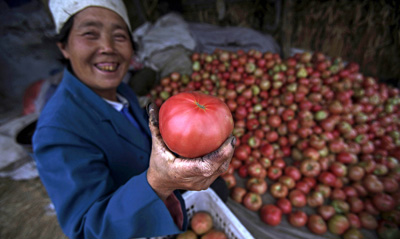
Chinese censors target tomatoes amid Bo Xilai scandal
Chongqing hotpot = King of the Southwest = King Who Pacifies the West = Minister of Yu = Tomato What do these words have in common? They are all coded references to Bo Xilai, the disgraced former Communist Party leader in southwestern Chongqing, and they were all censored in China on Tuesday, according to the…
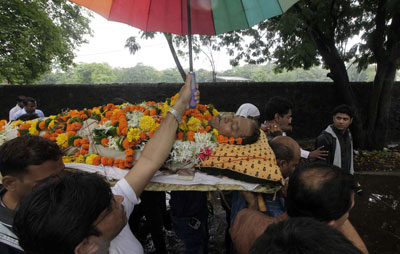
Mumbai police, media have failed Jyotirmoy Dey
New Delhi-based Tehelka weekly news magazine has published a scathing indictment of the police investigation into the 2011 killing of Mumbai crime reporter Jyotirmoy Dey–and of the Indian media’s coverage of it. Beneath the allegations and the rumors, we still don’t know exactly why he was killed, while the self-confessed mastermind is a fugitive from…
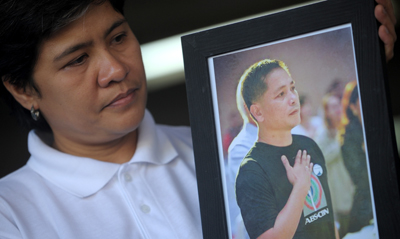
In the Philippines, two murders that should be solved
The investigation into the notorious murder of muckraking Philippine journalist Marlene Garcia-Esperat in Mindanao is now seven years old. A separate hunt for conspirators in the January 2011 killing of Palawan radio journalist Gerardo Ortega is just getting started. The Regional Trial Court in Puerto Princesa City issued arrest warrants against three suspects in the…
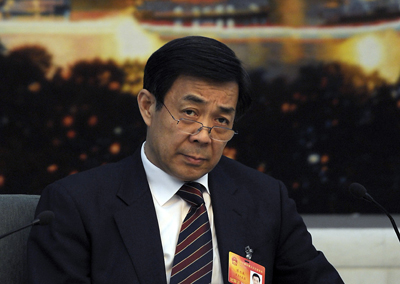
How to stop rumors in China: Stop censorship
The sacking of Chongqing party leader Bo Xilai has sparked some entertaining gossip this month, leaving journalists covering China with the difficult task of reporting on unconfirmed reports. The Chinese government blames the international media, not its own lack of transparency and comprehensive censorship apparatus, for the burgeoning rumors.
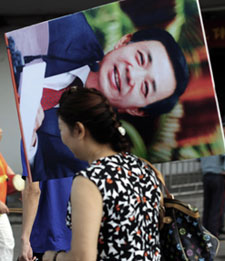
As Chinese politician censored, exiled journalist triumphs
The political ouster of Bo Xilai, Chinese Communist Party top dog in the major southwestern city of Chongqing, has been making headlines around the world. Bo notoriously silenced critics like investigative journalist Jiang Weiping, but the shoe is now on the other foot, at least for a while.Many China watchers are familiar with Bo because…
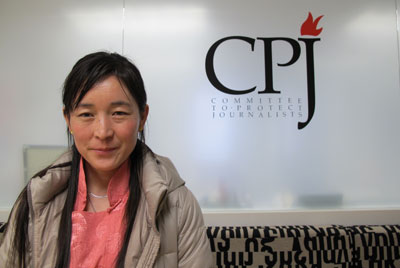
Four years on, wife calls for Tibetan filmmaker’s release
Lhamo Tso has not spoken to her husband Dhondup Wangchen since March 17, 2008. She, their four children, and his elderly parents live in India, and hear of him only when his sister visits the Xichuan Prison in Qinghai province, western China, where he is serving six years. Through glass, he passes on the news:…
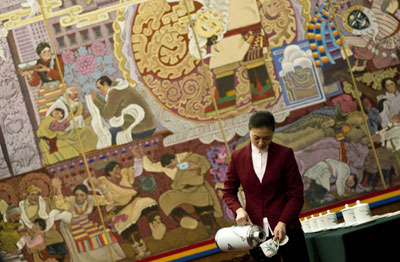
Journalists at work in China: Tibet and Beijing edition
China media analysts are looking to two significant events to shape coverage this month: The anniversary of a failed uprising in Tibet, and the annual meetings of China’s top political bodies, the National People’s Congress and the Chinese People’s Political Consultative Conference in Beijing. Journalists at work in both areas attracted coverage of their own…
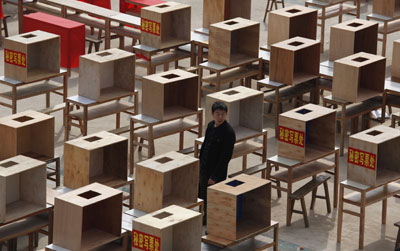
On board the election bus in China’s Wukan
Village elections taking place this weekend in southern Guangdong province’s Wukan illustrate the strengths and weaknesses of China’s media control. Censorship measures have not prevented strong domestic and international coverage of the democratic process. But has official tolerance of dissenting views increased since leaders cracked down on the attempted Jasmine revolution last year? Or is…
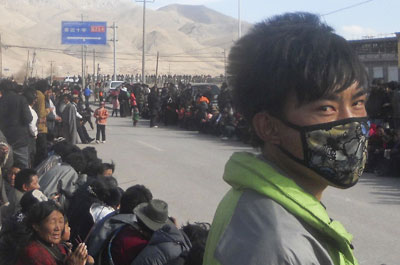
Ethnic violence renews information clampdown in China
Two months into 2012, all-too-familiar stories are emerging from China’s troubled minority regions, Tibet and Xinjiang. Following riots against Chinese rule in 2008 and 2009, violence and its corollaries–increased security and censorship–have become commonplace. Independent bloggers and journalists who cover the unrest pay a high price: Over half the 27 journalists documented by CPJ in…